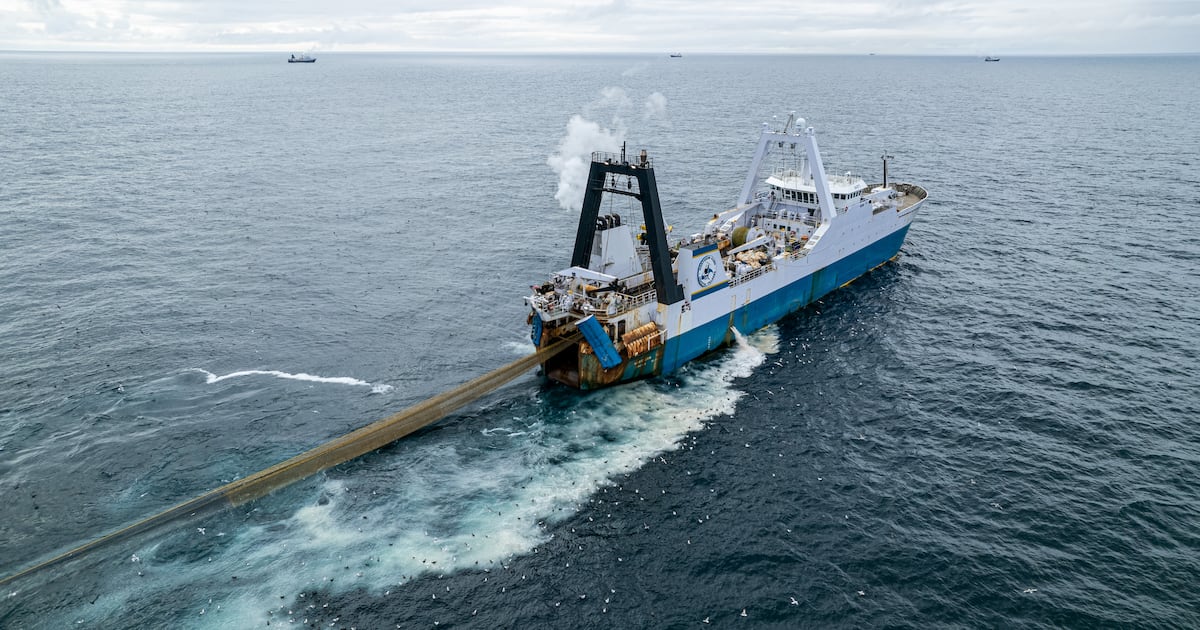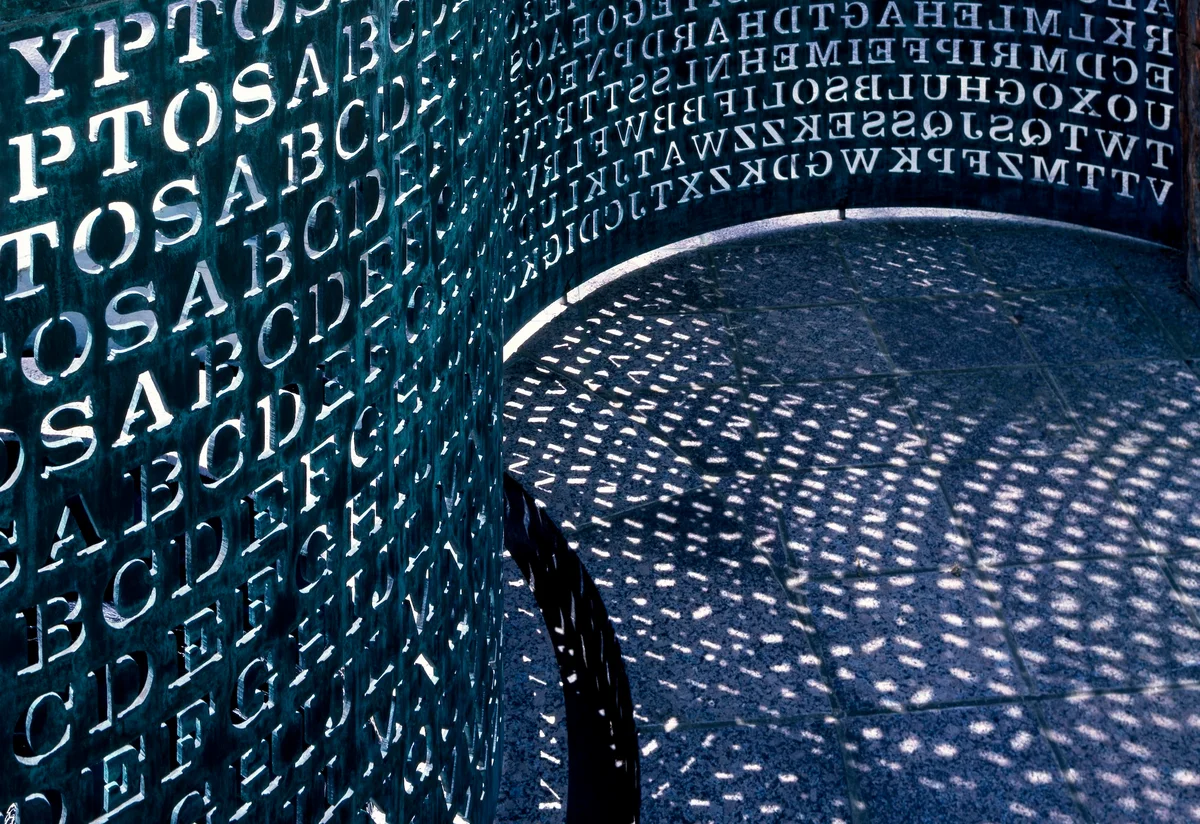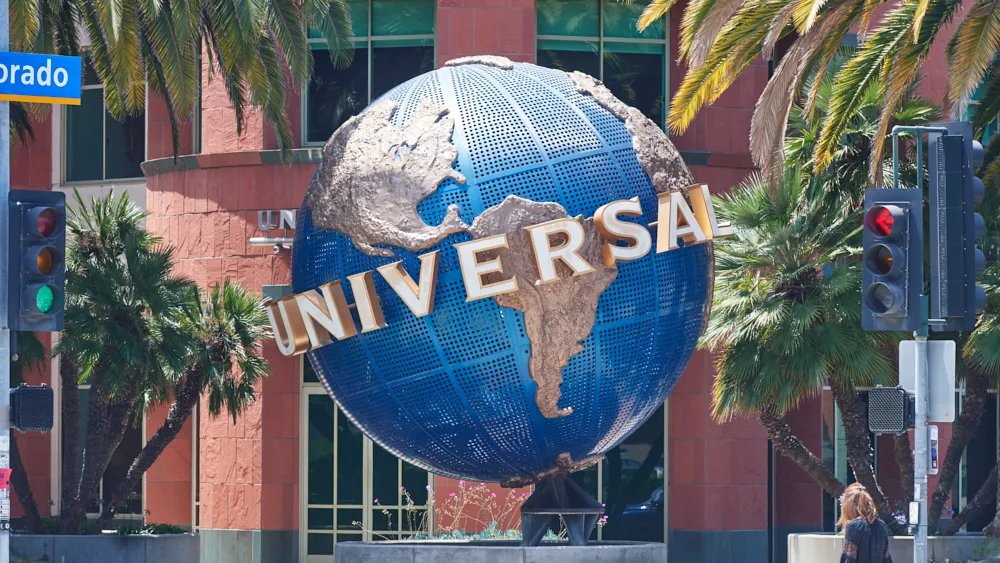Copyright Anchorage Daily News

We’re grateful that Secretary of Agriculture Brooke Rollins, Secretary of Commerce Howard Lutnik and the Trump administration are turning their attention to the vital role American — which, largely, means Alaska — seafood producers play in our nation’s economy and food supply. But as small-boat fishermen who make their living on Alaska’s waters, it is important to make clear to the secretaries that Alaska fishermen are not, as their recent opinion piece (“Embarking on an America-first seafood strategy in Alaska”) claimed, strangled by “federal overregulation.” The truth is the opposite. Our livelihoods are being squeezed because one sector — the massive, industrial trawl fleet operating in federal waters — has been allowed to fish with too little regulation, while the rest of us shoulder the consequences. Alaska’s Constitution requires that our resources be managed sustainably. That principle is not just a slogan; it is the bedrock that has kept our fisheries productive for generations. We have to manage carefully, fish responsibly and market wisely. That’s what most Alaska fishermen — whether sport, commercial or subsistence — already live by. Sustainably caught Alaska seafood is better for you, better for the ocean and better for the communities that depend on it. But when federal managers look the other way on trawl bycatch and the habitat degradation that comes from dragging the bottom of the ocean, when chinook salmon, halibut, and crab are scooped up and wasted by the tens of millions of pounds, the consequences don’t fall on the Lower 48-based factory trawlers. They fall on us. They fall on small-boat fishermen, on coastal families, and on Alaska Native communities whose customary and traditional harvests are already being cut off. Every step toward deregulating industrial trawling is a guarantee of more restrictions on local people. So we are concerned, because the secretaries’ opinion piece published recently in the ADN appears to be talking about deregulating the biggest players — pollock factory trawlers who already dominate the Bering Sea and now want to dominate the conversation about what’s best for Alaska seafood. It’s telling that the Anchorage Daily News chose a photo of pollock to accompany the opinion piece and that the secretaries cite the USDA’s purchase of pollock, which is low-value and trawl-caught, as supporting “Alaska fisheries.” Secretaries: it’s certainly not what out-of-state pollock trawlers will have told you, but 74% of Alaskans want to ban trawling because of the impact it is having on our fisheries. Ignoring the principle of sustained yield for our fisheries — and, specifically, for trawling — threatens to undermine the very thing that makes our seafood valuable: our ability to harvest it year after year. It threatens the thousands of local jobs that come from fishing done on a human scale. And it threatens one of the things that makes living here worthwhile: being able to put salmon, halibut, and crab on the table, knowing those fisheries will still be here for our kids and grandkids. Federal trade policy and foreign competition are real issues. We agree that Alaska seafood deserves fair treatment in global markets. But throwing away Alaska’s legacy of sustainable fisheries to benefit the most destructive fleet will not fix foreign tariffs or deceptive labeling overseas. It will only destroy the livelihoods of thousands of Alaskans and hollow out a culture and economy that has endured for generations. What the Alaska seafood sector needs is value, not just volume. We need strong oversight that ensures the long-term health of our wild ecosystems. We need federal policies that don’t play favorites, but instead recognize the full spectrum of Alaska’s fisheries — sport, commercial, customary, and traditional — and the people whose lives depend on them. Incredibly, every step to reduce regulations on trawling results in more restrictions on the rest of us, because the more trawlers bycatch, the fewer salmon, halibut, crab and forage fish are out there. It’s time for common sense — this is beyond science. Tyler Green lives in Sitka and, with his family, operates the F/V Haven longliner/troller.



